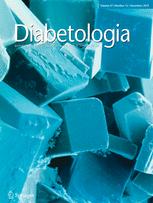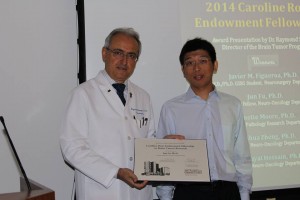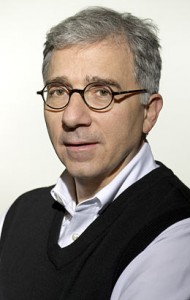 The Journal of International Oral Health has retracted a 2014 paper on dental pain by a group from India. Although the ostensible reason was plagiarism, we wonder if the offending authors might gone a bit further.
The Journal of International Oral Health has retracted a 2014 paper on dental pain by a group from India. Although the ostensible reason was plagiarism, we wonder if the offending authors might gone a bit further.
The article, “Sniffing out pain: An in vivo intranasal study of analgesic efficacy,” purported to be a study of 20 patients receiving different therapies for emergency oral pain. It has yet to be cited, according to Thomson Scientific’s Web of Knowledge. Here’s the abstract: Continue reading Plagiarism charge bites authors of oral pain paper







